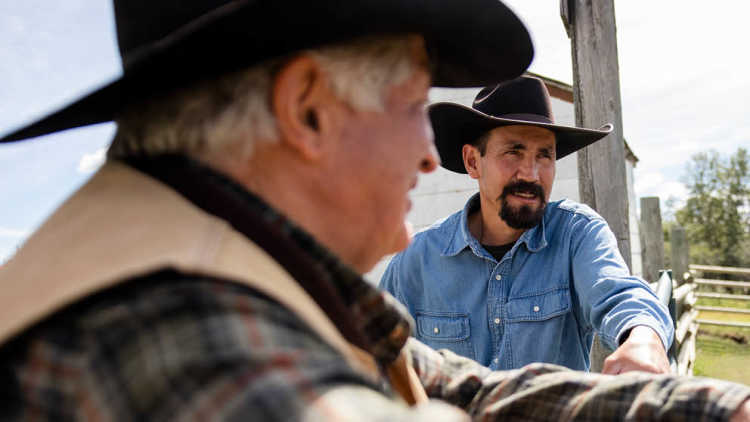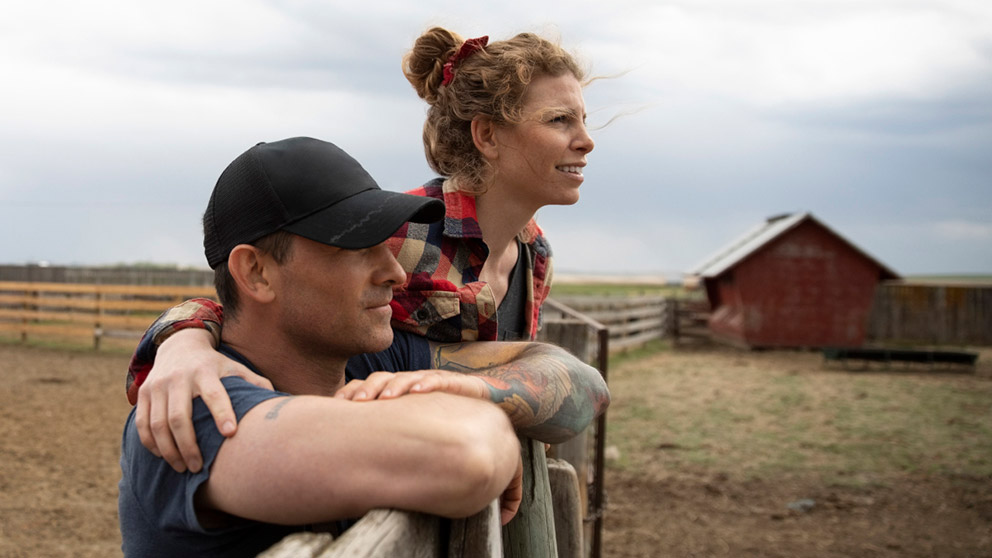Make the most of relationships on multi-generational farms

Having three to four generations on one farm is becoming more common. Each person brings unique values, behaviour and mental and physical capacity to the farm family and operation.
As Cynthia Beck knows, reconciling generational perspectives offers challenges and possibilities. She, her husband and two children operate a grain and cattle farm in Saskatchewan, along with her husband’s parents and his brother’s family.
Learn from each other
“The knowledge spread between generations has increased. Our son comes home from his summer job in crop science or from university and makes suggestions that my husband acknowledges he’s not thinking of,” Cynthia says. It takes courage for younger generations to speak up, especially with multiple interwoven relationships and blurred roles.
At 50, Cynthia recently added clinical psychology master’s graduate to her multiple roles including farm business partner, co-worker and family member. Having experienced postpartum depression as well as serving as a telephone suicide intervention responder, she wanted more education to better help others.
“The impact when roles, finances and transition plans are unclear is apparent in many of those phone calls. The root issue is often feeling no autonomy, no control over their current situation or what the transition plan is going forward,” Cynthia says.
Make clear plans together
It’s all about trying to find the right balance between focusing on the health of the family and the business.
Transition can be a stressful area for all family members. Talking about intergenerational farm challenges around this and other management topics is part of Farm transition advisor Annessa Good-Hassard’s job. She’s noticed that getting clear about the future and documenting it on paper is one of the biggest areas of stress reduction, as it removes ambiguity and guess work.
“It’s all about trying to find the right balance between focusing on the health of the family and the business,” Annessa says.
A third party can also make it easier to talk about the culture of the farm, personal values or fairness. Clarity in these areas makes it easier to discuss compensation and financials, potentially huge stressors that can affect all generations.
Practice healthier behaviour
In addition to making decisions about the business together, family members can learn how to best navigate difficult situations with each other’s support.
Sometimes, “unlearning” is helpful. For example, a family may share unhealthy coping strategies, such as avoiding conversations or turning to alcohol when stressed. Actively recognizing these behaviours and making positive changes together is a constructive way forward.
“My husband and I are really working with our kids to have more open communication. We’ve tried to normalize talking about our coping strategies, recognizing them, identifying them and actually verbalizing them,” Cynthia says.
From a Rooted in Resilience article by Myrna Stark Leader.

Farming can be filled with stress and unknowns, but there are strategies that can help you manage them.
